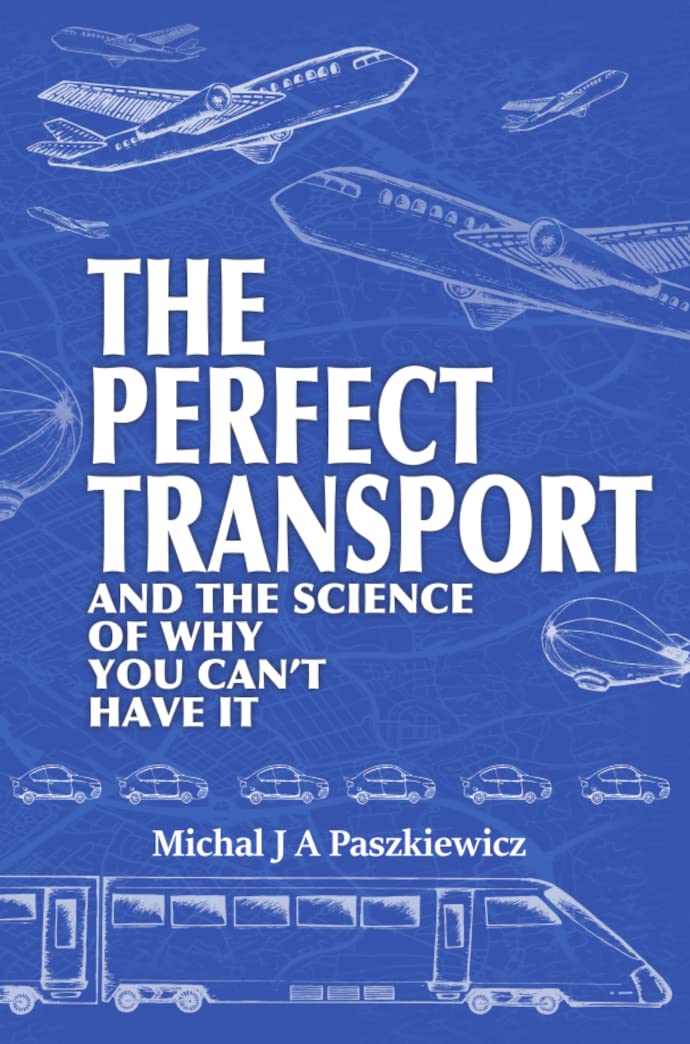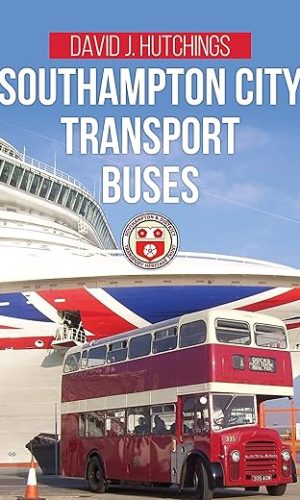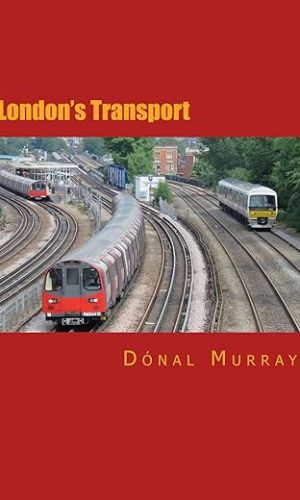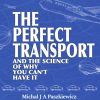The Perfect Transport: and the science of why you can’t have it
£7.60
What has the prisoner’s dilemma got to do with road traffic? Could we replace our trains with rollercoasters? Would putting spikes on steering wheels decrease road collisions? These questions (and a bunch of others) will be explored, introducing you to some basic concepts of transport science. A variety of thought experiments will be subjected to the limits of physics, engineering, economics, and psychology. This will show why the transport we already have is in fact an immense success!
Transport is a sector that affects the everyday life of most people and needs to be continually funded, reviewed and improved to sustain civilisation. This book will arm you with the tools needed to tear political propaganda to pieces as politicians push for transport solutions based on ideology rather than facts.
Read more
Additional information
| Publisher | Cricetus Cricetus (24 Feb. 2023) |
|---|---|
| Language | English |
| File size | 8320 KB |
| Text-to-Speech | Not enabled |
| Enhanced typesetting | Not Enabled |
| X-Ray | Not Enabled |
| Word Wise | Not Enabled |
| Sticky notes | Not Enabled |
| Print length | 200 pages |








by Stephen Bullivant
This is a very clear, well written, thought provoking, and hugely enjoyable work of popular science of modern transportation. Recommended!
by Mr Philip Campbell
I very much enjoyed reading this insightful book. Paszkiewicz draws on his rich knowledge and experience working at TfL to explain the science behind what make a good transport system and why we can’t always have what we (or what we think) we want. For example Paszkiewicz neatly explains how if you increase a trains’ acceleration too much it would mean passengers would need to be strapped in and actually most passengers would prefer the comfort of being able to get up and walk around over a faster journey. These trade off are happening all the time and explains everything from the way trains are designed, the number of stops, and the frequently of trains. If you are interested in transport, physics, policy, systems thinking or even just use public transport yourself and want to understand why things are the way they are, I would highly recommend this book.
by David Fairbairn
This is an excellently structured book that manages to keep a potential boring topic engaging, interesting and funny.
No specialist knowledge is required to understand this but the maths is there for those who are interested.